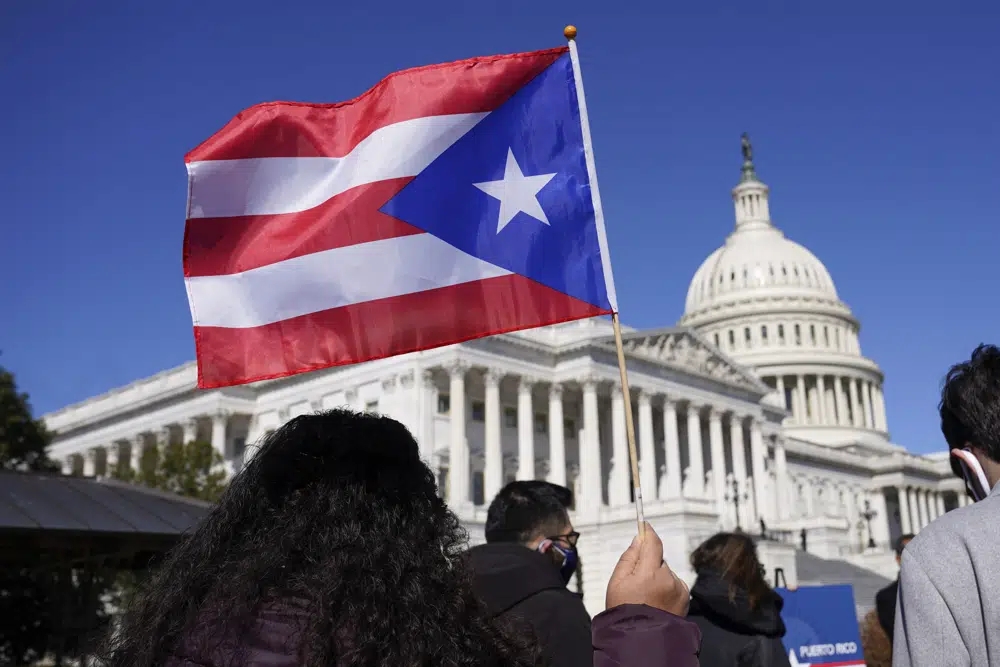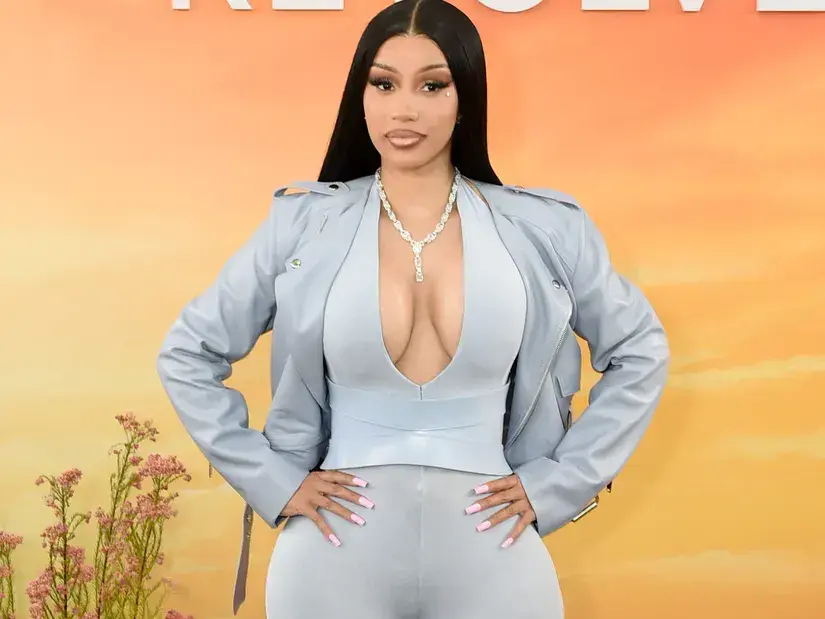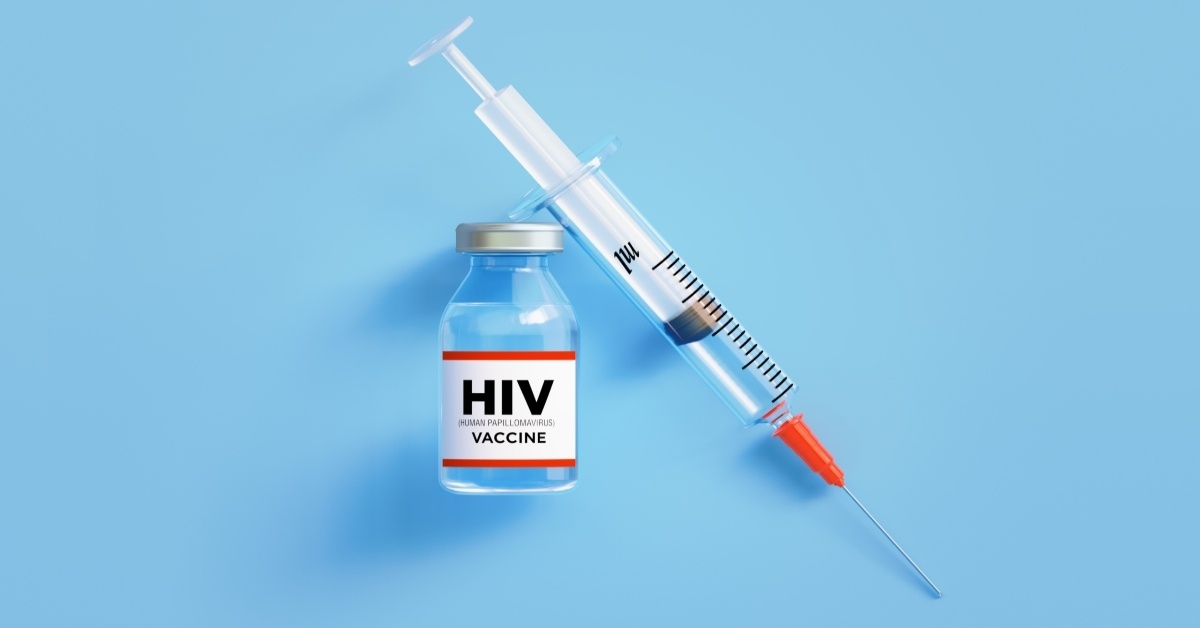Watch: The future of Puerto Rico
This year, Puerto Rico marks its 125th anniversary as a U.S. territory. Dr. Danielle Clealand and Dr. Rosa Clemente talk The post Watch: The future of Puerto Rico appeared first on TheGrio.

This year, Puerto Rico marks its 125th anniversary as a U.S. territory. Dr. Danielle Clealand and Dr. Rosa Clemente talk to theGrio about Puerto Rico’s push for power and the future of the U.S. territory.
As the 125th anniversary of Puerto Rico’s becoming a U.S. territory is marked this year, people continue to ask the question: Should Puerto Rico push for statehood or independence? Dr. Danielle Clealand, a political scientist and associate professor of Mexican American and Latina/o studies at the University of Texas, and Dr. Rosa Clemente, a Black Puerto Rican hip-hop activist, community organizer, and former Green Party vice presidential candidate, join theGrio’s Marc Lamont Hill to help answer that question.
The following is a transcript of their conversation:
Marc Lamont Hill: Welcome back to theGrio. TV host Padma Lakshmi is calling out a ridiculous food tax in Puerto Rico. In her show “Taste the Nation,” she called out the Jones Act, which is part of the Merchant Marine Act of 1920. The act only allows ships that are owned and staffed by U.S. companies to transport items between ports in the country. Since Puerto Rico is not part of the mainland, foreign vessels have to stop in Florida and allow U.S. ships to carry items to Puerto Rico. As a result, Puerto Rico’s grocery prices are 25% higher than on the mainland. All right. We’re back with our guests for the hour, Danielle Clealand and Rosa Clemente. I want to return to two points. The first point is about this independence movement. You all sort of gave an analysis. I want to know which y’all are comfortable with in terms of what the outcome should be. If someone says to you, Danielle Clealand, and then I’m going to you, Rosa, what should Puerto Rico do? What’s the best assessment based on all of the history you know, all the knowledge you have, your analysis of the world — what’s the best analysis or the best outcome for Puerto Rico?
Danielle Clealand: I mean, to be perfectly honest, it might not sound radical enough, but I don’t really know what the answer is. I think that, being independent in the way that this world economy is set up, particularly for the Caribbean, making them rely on tourism to keep the economy stable, climate change and hurricanes, and everything that’s happening, I’m scared of independence. And, I’m not afraid to say that. I don’t think that the current situation of being a colony is ideal either because Puerto Ricans are without representation. They have to fight for the U.S. when they don’t have the right to vote in these elections. And then, with statehood, there’s, a significant loss of sovereignty and potential loss of cultural autonomy. And so, to me, I’ve always been very unsure about what Puerto Rico’s future should look like. And I know that I should have a more definitive answer than that. But I really don’t.
Hill: No, no. Look, it’s complicated. I mean, and I always opt in the abstract for independence, right? Who wants to be part of an empire? But as we saw with Haiti, they don’t ever actually leave you alone. They starve you, they exploit you, they underdeveloped you. They push you into a corner. So there’s no, there’s no harm in thinking through the kind of pragmatic sort of consequences of these choices. I don’t, it’s not for me to say what Puerto Rico should do. I’m just saying I get why it’s complicated. Rosa, what do you think? What do you advocate for?
Rosa Clemente: We’re going to be free. I have no doubt about that. And after Hurricane Maria, this is what I was saying earlier. Before Hurricane Maria, people might have been afraid of being independent. But after Hurricane Maria, when the president comes and throws paper towels at you, and before that, the Black president, where we as Boricuas begged him, we begged Barack Obama not to sign PROMESA. We begged people like Lin-Manuel and J-Lo and all these fake Boricuas who only broke PROMESA.
Hill: Tell the audience what PROMESA is.
Clemente: PROMESA was an oversight bill that was imposed. It’s also part of La Junta where basically it gave the power of the economy in Puerto Rico and it put it in the hands of Wall Street bondholders. Like Detroit. So when we were begging all the Congress people, Nydia Velazquez, Jose Serrano, beg Barack Obama, beg Lin-Manuel, his father. They pushed PROMESA through. What ended up happening is the government had to go pay the debt. And the biggest thing in Puerto Rico is we don’t owe the United States one cent. We will be independent. And then when we go to the United Nations, we will begin to file reparations claims for what the United States has extracted from us. And post-Hurricane Maria, the consciousness shifted. It shifted. Puerto Ricans are no longer afraid of what we’re going to do without the United States. We are doing it right now. And I’m so grateful to have watched that episode that Padma did, in which she broke it down. Because in Puerto Rico, when we grow our food, it is taken from us and then sold back to us. But now, with the independence fervor, the LGBTQIA, the trans community, people like me who will soon rematriate back to our island, we will be free. And anybody who doesn’t think that doesn’t understand the longevity of world history. We’ve been a colony for 125 years. That’s a blip. We could be free for a thousand and we will be free.
Hill: Hey. From your lips. Danielle Clealand, let me ask you a question before you go. I asked you the kind of normative question, as we say. I asked you the kind of ‘what should it be’ question. Now, I want to ask you, though, what will it be? When you look at the immediate future of Puerto Rico in terms of, as Rosa mentioned, the outcome of natural disasters, the outcome of U.S. neglect, the outcome of kind of forced impoverishment. But on the other side, you see a vibrant resistance movement. You see a buoyant people and you see so much possibility. What do you imagine for Puerto Rico in the next, say, 5 to 10 years, in the last minute?
Clealand: I mean, I imagine that there’s more resistance. I imagine that there’s more frustration with colonialism and the role of the United States. But I just, I don’t know. I mean, maybe I need to be the pessimist in this segment, but I just, I don’t think the Caribbean will ever be free. Right? Because the way that global capitalism works, nobody’s free. Right. And I don’t think the United States will ever give anybody reparations, whether it be Black folks, whether it be Puerto Ricans. And so I think that, like unless the entire structure of global capitalism is undone, then I don’t see a bright future for any Caribbean island or any small country or anyone in the global South, just because of the way that this whole system is set up. It’s set up, for us to be poor. And for poverty to reign and for anti-Blackness to reign. And so, it’s tough, I think, to really kind of look into the future and see kind of a positive trajectory.
Hill: Well, that wasn’t the motivational speech I was looking for, but I don’t bring brilliant scholars like Danielle and Rosa on to get us excited. I bring them on to give us the sober analysis of what the future is going to be. So, yeah, look, we will keep fighting, though.
Learn more about Puerto Rico”s future from the clip above, and tune into theGrio with Marc Lamont Hill tonight at 7 pm ET on theGrio cable channel.
The post Watch: The future of Puerto Rico appeared first on TheGrio.












